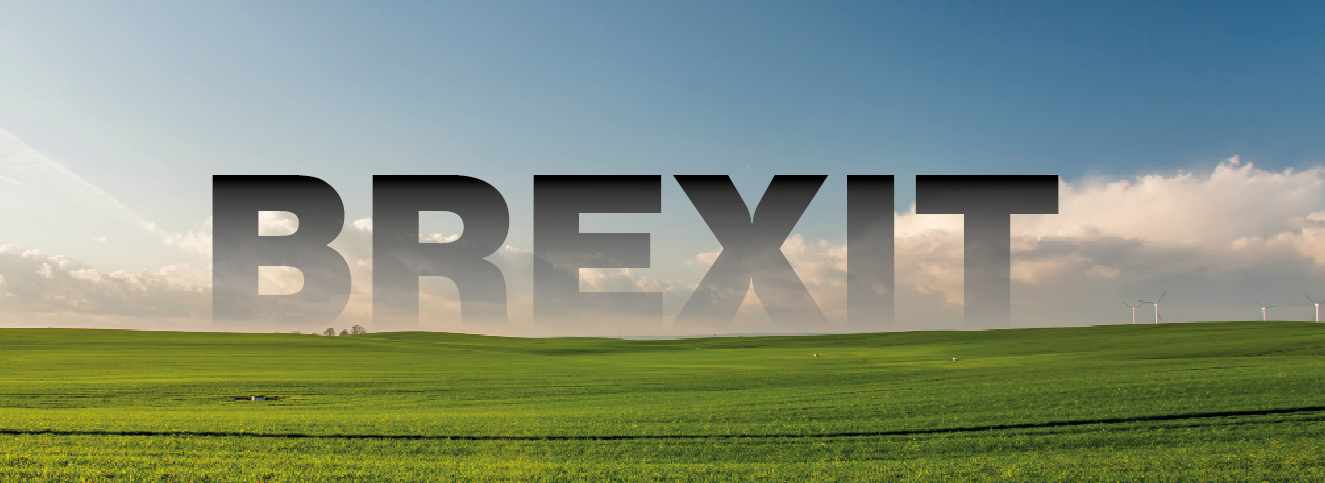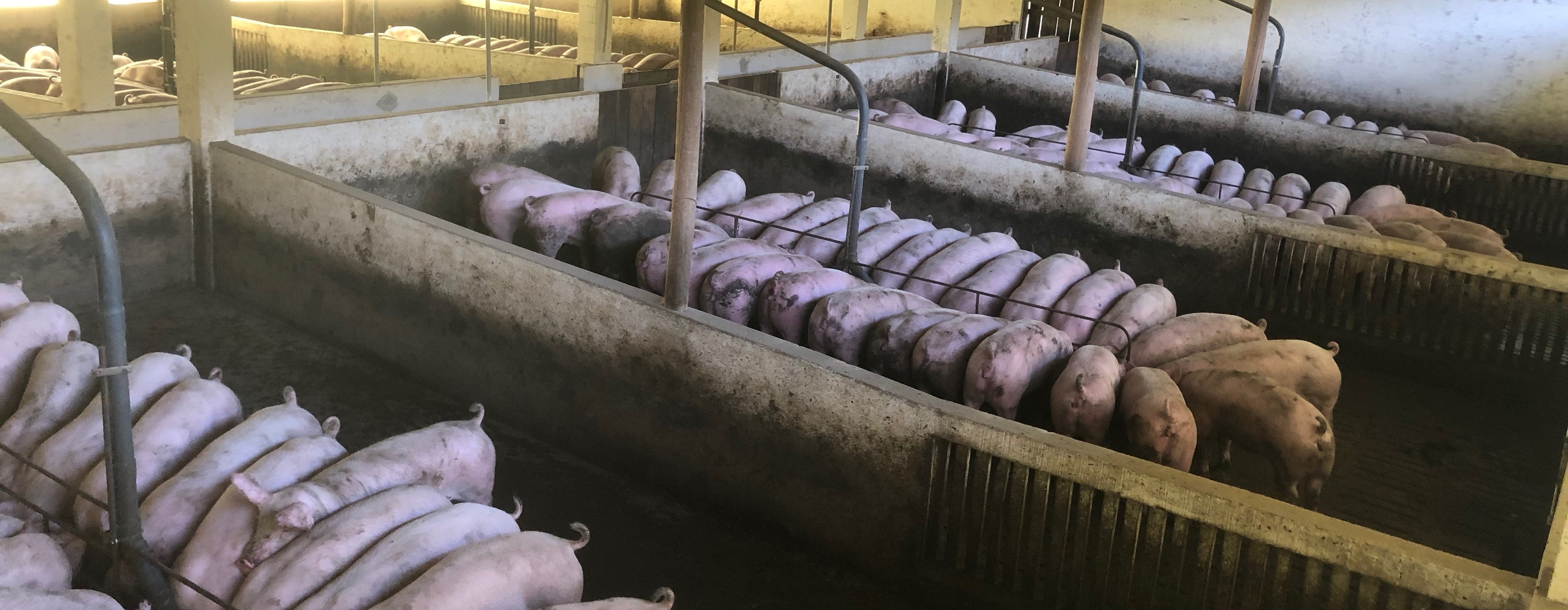
To say Western nations like to eat meat is an understatement comparable to saying that the UK is sometimes a bit wet. The average global person consumed 43kg of meat in 2014, with that figure ballooning to over 100kg per person in the US and Australia. To put that into perspective, that’s the equivalent of every person eating three Big Macs a day every day of the year.
Wealthier nations tend to eat more meat and, as more people around the world are lifted out of poverty, so too has the production of meat swelled, more than tripling from c.71 million tonnes in 1961 to a supersized c.340 million tonnes in 2018 – the equivalent of about 68 meaty great Pyramids of Giza. Every year. Get that snack in your mouth hole.

All these facts provide a suitably self-damning backdrop to the ever-pressing concerns of climate scientists who, for decades now, have been warning us of the environmental impact of mass farming and over consumption.
But the year is now 2021. We’ve seen the weekly climate demonstrations, we’ve weathered a pandemic, and the UK has charitably taken the mantle of ‘most clownish leader’ away from the US. Surely now we can emerge from our meat-induced food coma, groggy eyed, and realise that perhaps a shakeup in the meat industry is required?
The National Diet and Health Survey, a report conducted on 15,000 participants, recently concluded that the UK’s meat consumption has fallen by some 17% over the last decade. This equates to 17g less meat per person per day – or, as I like to think of it, a whole quarter-pounder less per person per week.
This is certainly promising news. For its part, meat provides only 18% of global calories consumed and just over 37% of global protein intake, while using up a staggering 83% of worldwide farmland and contributing over 60% of all agricultural emissions.
But is this drop in consumption enough? The National Food Strategy, an advisory body set up in the UK, recommends that the country’s meat consumption needs to drop by a further 30% over the next 10 years if we want to meaningfully curb our meat-related emissions. Though it should be noted, going meat-free for just two days a week would achieve this target – the country doesn’t need to go vegetarian.
An ever-growing number of meat substitutes, coupled with an increasing awareness of the environmental impact of its consumption, seem to be having a meaningful impact on our collective indulgence in the tasty dead-animal tissue.
But a grim portent looms on the horizon, promising in its own twisted way to help us on our journey towards more mindful consumption…

Ah yes, everyone’s favourite pre-Covid argument starter, Brexit. Whatever happened to Brexit anyway? Not to be outdone by a pandemic, Brexit is back with a menu, this time serving up a critical lack of supply-chain workers and a government hell bent on self-reliance through self-flagellation.
Not only have thousands of HGV drivers ditched the grey skies and climate-protester-blockaded roads of the UK for their home countries in Europe – prompted by Covid quiet periods and stricter immigration policies – but a whopping 62% of the UK’s meat workers are EU nationals, threatening further losses of talent down the line.
Not only are we haemorrhaging workers, but the supply chain is also suffering from a lack of CO2. This makes for an incredibly confounding and – if you can detach yourself from the reality of the conundrum – amusing set of situations. Here goes:
While encouraging the public to cut down on CO2 emissions as much as possible, the UK government is also offering fertiliser manufacturers ‘tens of millions’ to produce huge volumes of the gas to combat the shortage. The shortage, in turn, has meant abattoirs have been unable to stun animals before their slaughter, leading to the country heading towards a potential shortage of pork, while also having a surplus of pigs that it cannot slaughter.

So, you ask, is the situation any better for estranged our European cousins? Well, as it turns out, it’s about as good for its workers as a raw chicken breast straight from the packet.
Totalling over £190bn and employing around one million workers, Europe’s meat industry is certainly big business. Because of this, a large proportion of the industry’s workers work through agencies as subcontracted workers.
Unsurprisingly, some reports estimate that these workers are paid as little as 40-50% of what their full-time colleagues earn. Not only are they paid less, but subcontracted workers also lack any basic job rights, such as statutory sick pay – an issue that was brought into sharp focus by Covid, as thousands of workers were forced to take time off work with no pay to fall back on.
A substantial number of these subcontracted workers are sourced from post-industrial countries, such as Poland, Hungary, and Lithuania, which were added to the EU’s labour pool after its expansion in 2004. Poorer domestic job opportunities drive vast numbers of workers to make use of the EU’s freedom of movement and work in more prosperous nations, often as subcontracted workers. Italy, for example, draws nearly 50% of its slaughter workforce from these nations.
“It is a system of poverty exploitation,” says Volker Brüggenjürgen, chair of the German charity, the Caritas Association. “People are deceived with the promise of a better life.”

The meat industry – both in the UK and in Europe at large – seems to be screaming out for reform, pressured by both environmental and social factors. The roles governments and corporations will play is yet to be decided, but it’s clear something has to change; not only is the industry damaging the planet, it’s also hurting its workers too.
While Europe grapples with the slippery ethics of its current employment model, over here in the UK we’re left in a bit of a lurch. Will depriving ourselves of a wider labour pool garner the same results seen in the US during the 1920s? A lack of workers (cut short by a lack of immigration following a certain world-consuming war) led to the invention of automated processes that – along with another, better-timed world war for the US economy – catapulted the country’s economic output into the stratosphere.
While this remains to be seen, it is certainly the approach that the UK government is banking on. So, while we may have a surplus of pigs, roast gammon might be off this menu this Christmas as we’re unable to slaughter said pigs, and further still unable to deliver their shrink-wrapped rumps to your door.
But maybe this is a good thing – the planet, if it could, would thank you anyway.
Europe’s meat industry is a multibillion pound powerhouse, employing about 1 million people. But unions estimate that thousands of workers in some countries are precariously employed through subcontractors and agencies, with some earning 40% to 50% less than employees in the same factories.